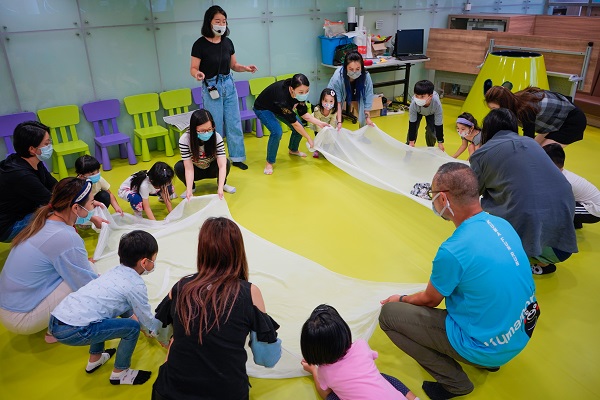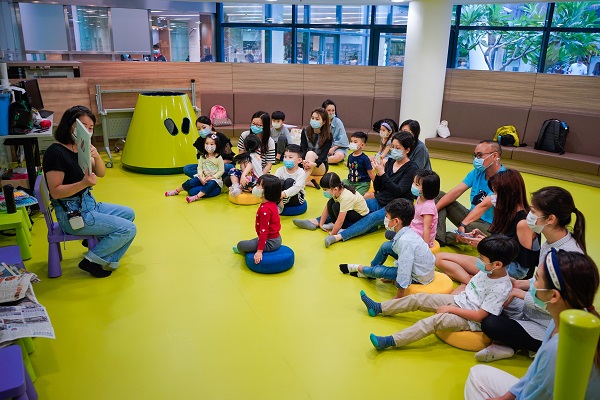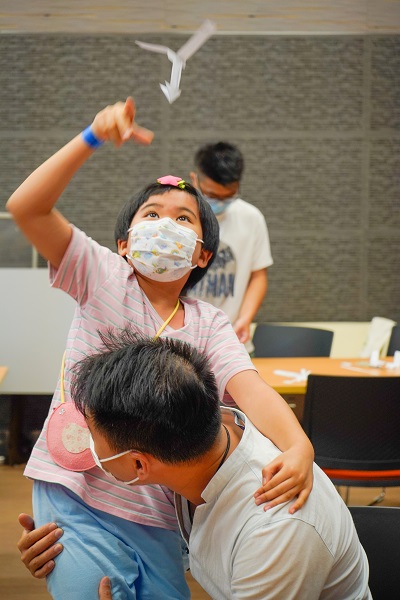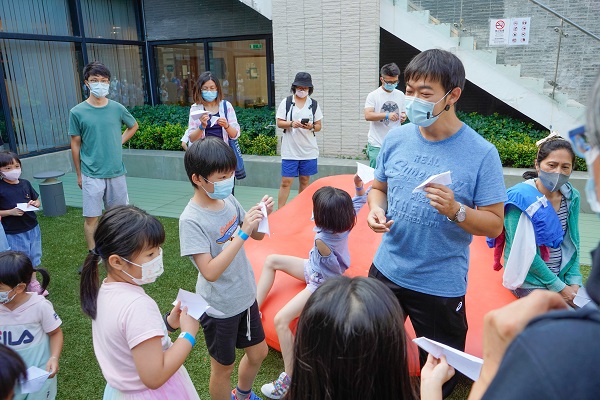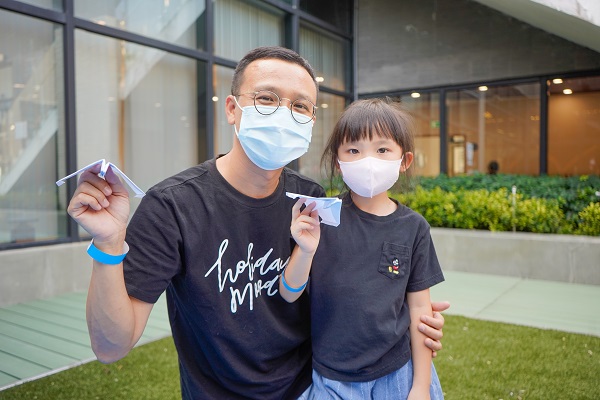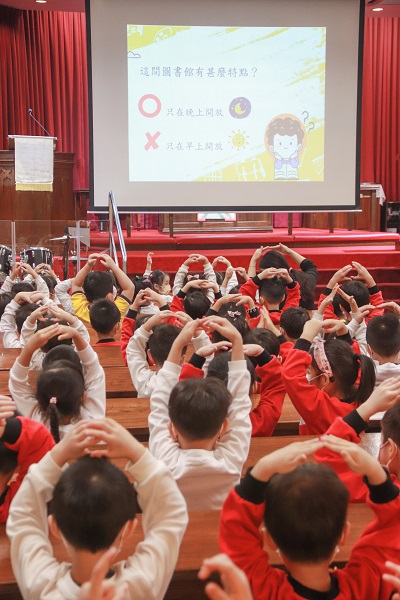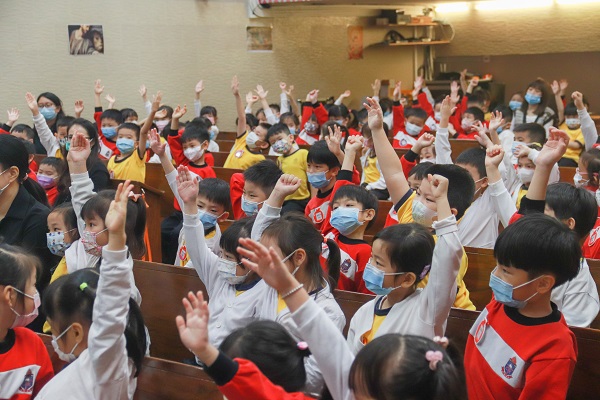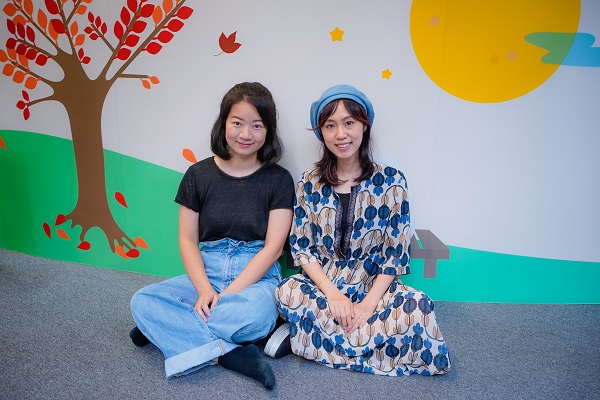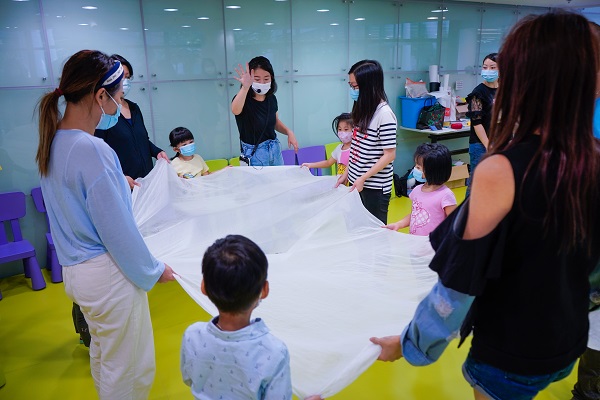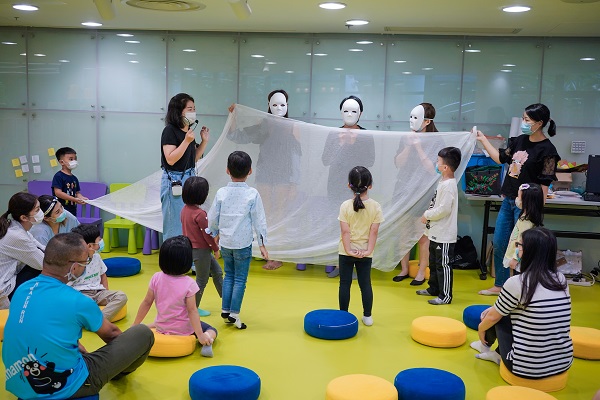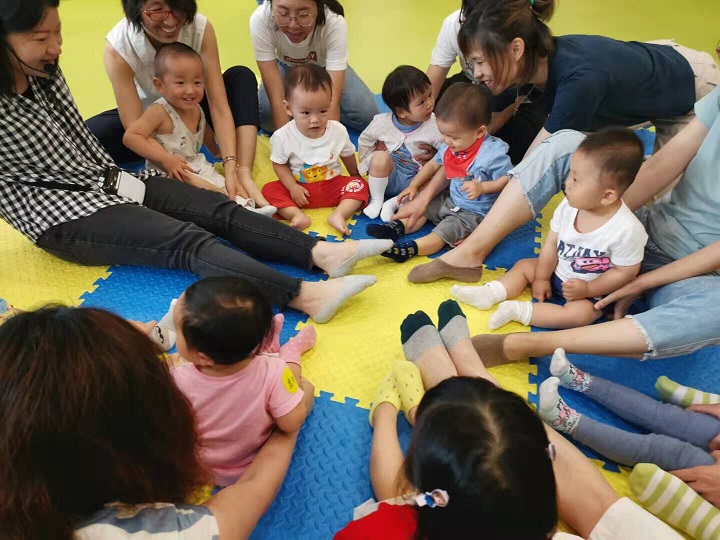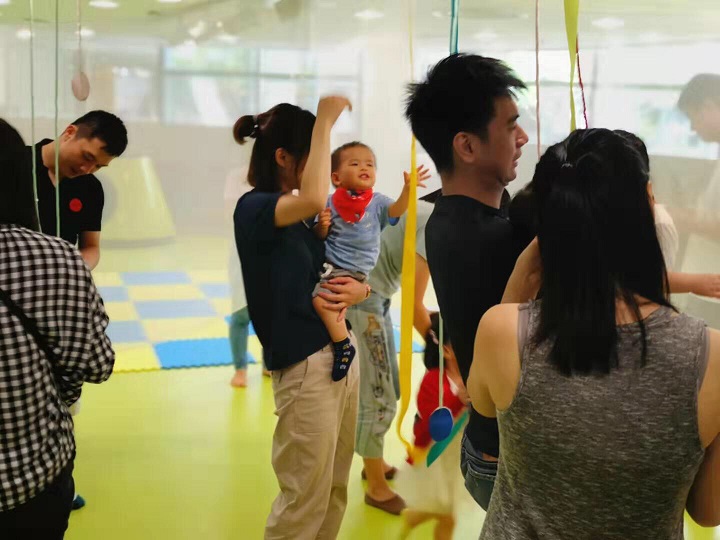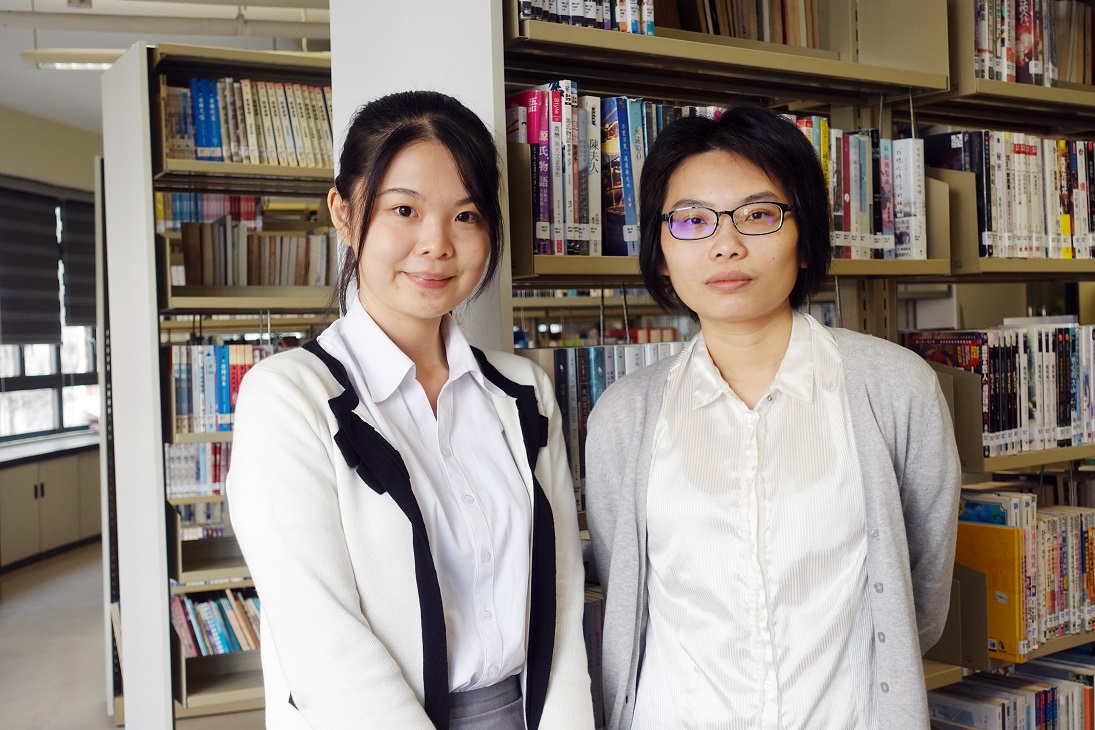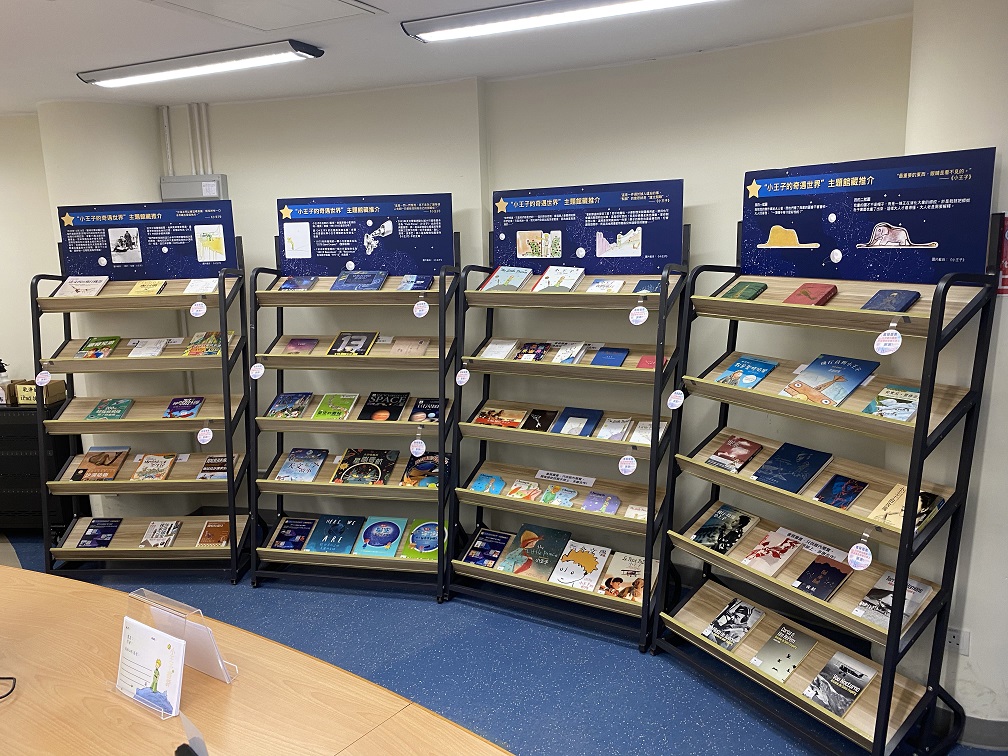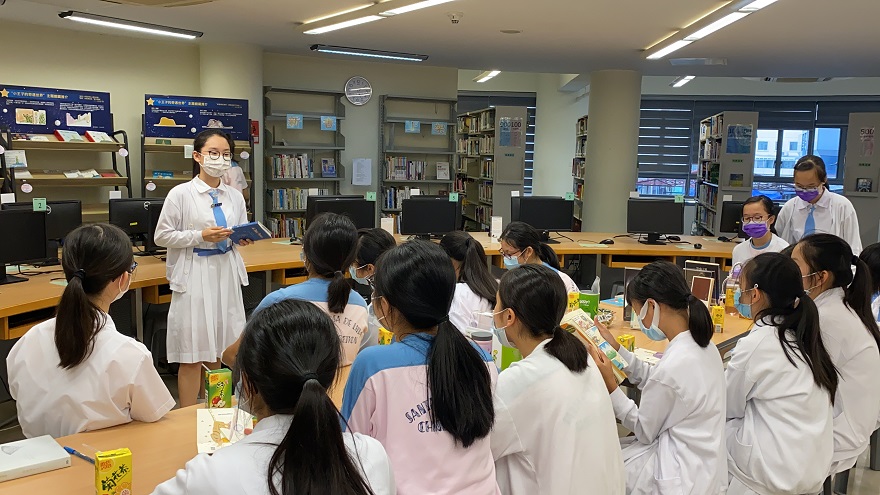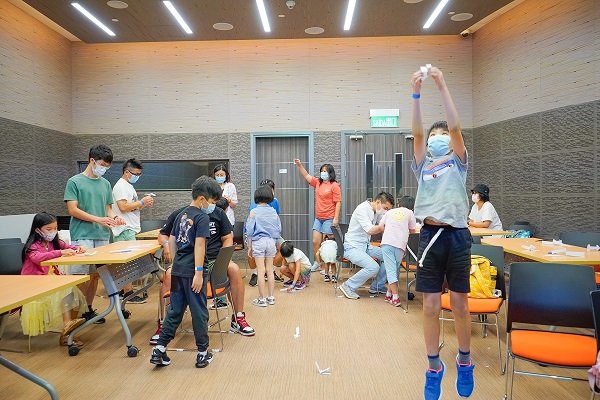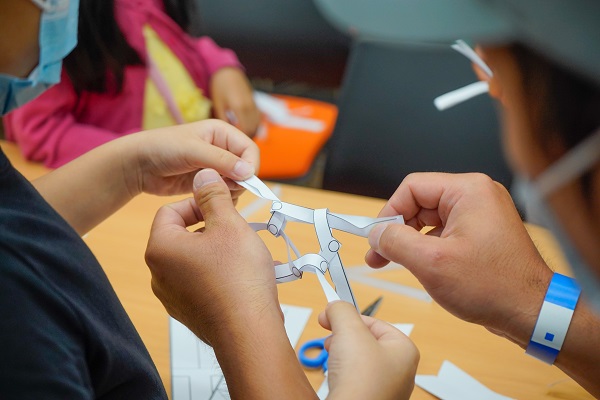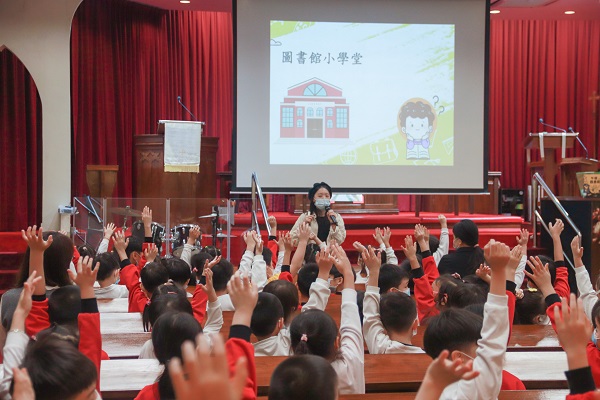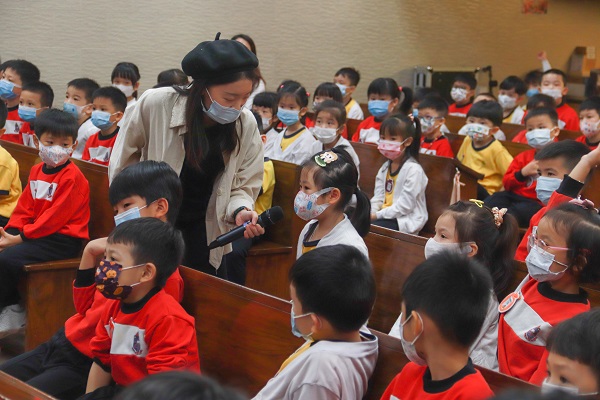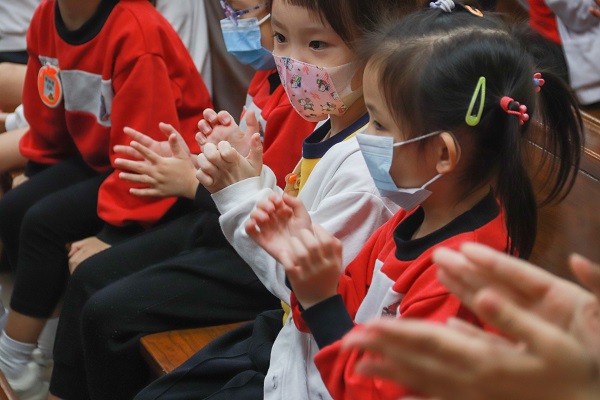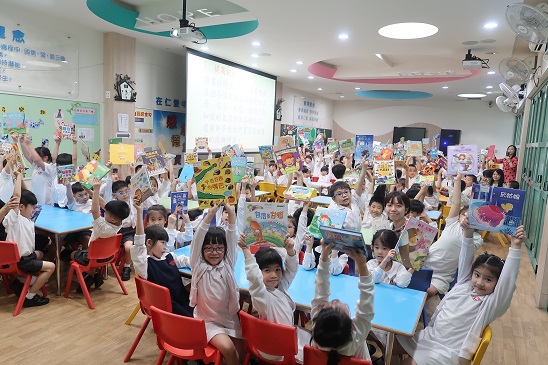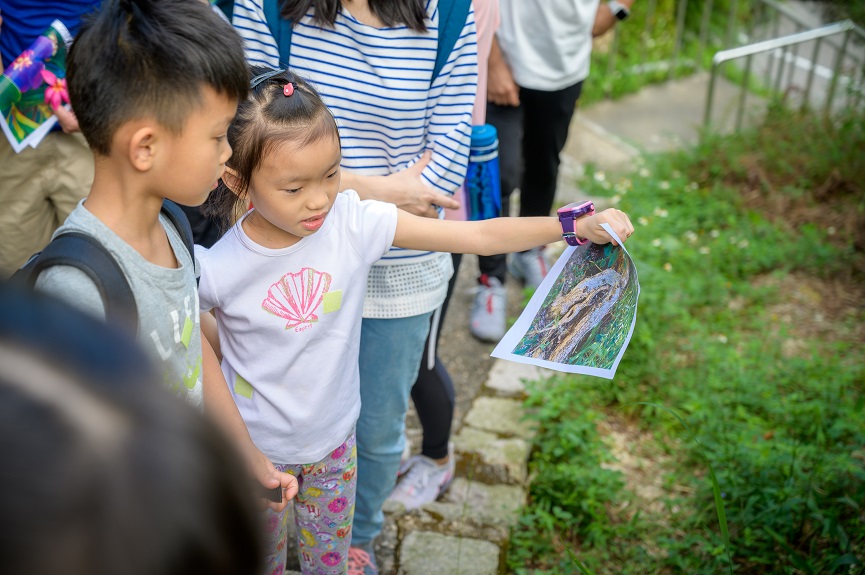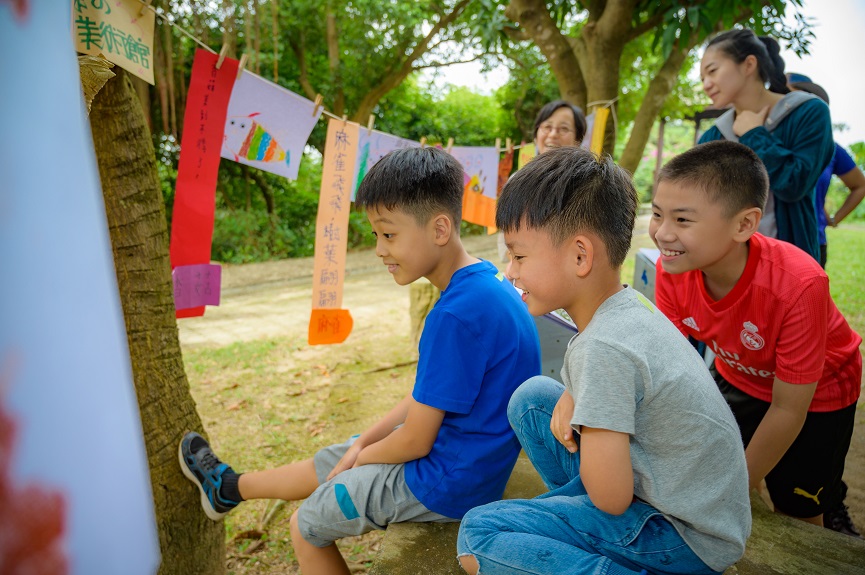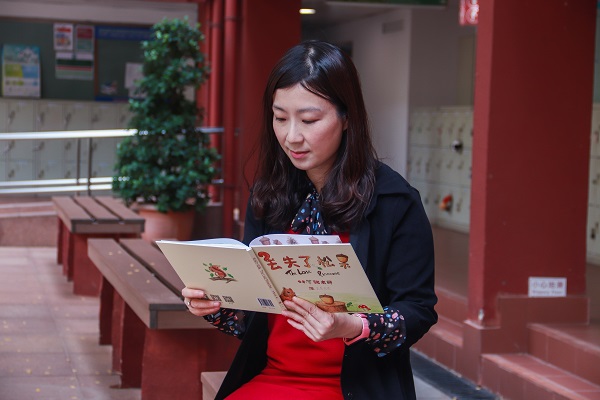
Lydia Ieong, a founder of the local creation platform for children’s literature
‘Let children embark on their reading journey from familiar scenes. By linking reading to children’s lives, they will gain a sense of engagement, understand and contemplate life through reading, which is also the objective of establishing the Children’s Pen of Macau,’ said Lydia Ieong, a founder of the local creation platform for children’s literature. Only when she looked for picture books suitable for parent-child reading for her sons, then she realizes that Macao has very limited children’s literature resources. She noted that ‘it is not like the children’s books published overseas are of low quality, but it is the setting of the story that makes children cringe, and is difficult for them to immerse themselves in. This is the reason why I decided to establish the Children’s Pen of Macau, in order to foster the creation of Macao-themed stories dedicated to children in the city.’ The Children’s Pen of Macau has been promoting reading among children and the creation of children’s literature by various means. For instance, they have published their own periodicals and story collections, and established an online storytelling platform for children, in addition to holding children’s storytelling events in collaboration with different associations.
Interactive drama and picture book reading are undoubtedly the easiest approaches to attract attention; picture books, animations and storytelling are also very attractive to children, but none can completely replace parent-child reading, which is practical and simple. Ieong pointed out that parents should start to expose their children to bridging books at the age of 6, and later they can move forward from picture books – which centre around illustrations – to those with more textual contents. ‘I would encourage parents to use bridging books more often during story time with their children, thereby paving the way for them to shift from books with mere illustrations to those with more text.’ To promote bridging books, she created a series of stories with local elements, such as Kai Kai Xin Xin in Macao, a series of children books themed on Kai Kai and Xin Xin, two pandas living in Macao. She expects that by combining with real life experience, the books can enhance young readers’ understanding of Macao and help them gain a sense of belonging to the city when they are reading the stories.
Ieong also mentioned that reading is not a luxury, and every child should be given the opportunity to read. Therefore, the Children’s Pen of Macau has been constantly sharing the joy of reading with the public in many different neighbourhoods. ‘In fact, cultivating the habit of reading among children is not something that can be achieved only by writers or teachers. It is more important for parents to spend time reading with their children.’ She added, ‘Parents need not to worry about their storytelling skills. They can tell stories with simple language or even read the text out loud, and raise a light-hearted discussion with their children afterwards, which is also an effective way of telling stories. The key points of parent-child reading are to have quality time with children, and help them develop a sustainable reading habit.’
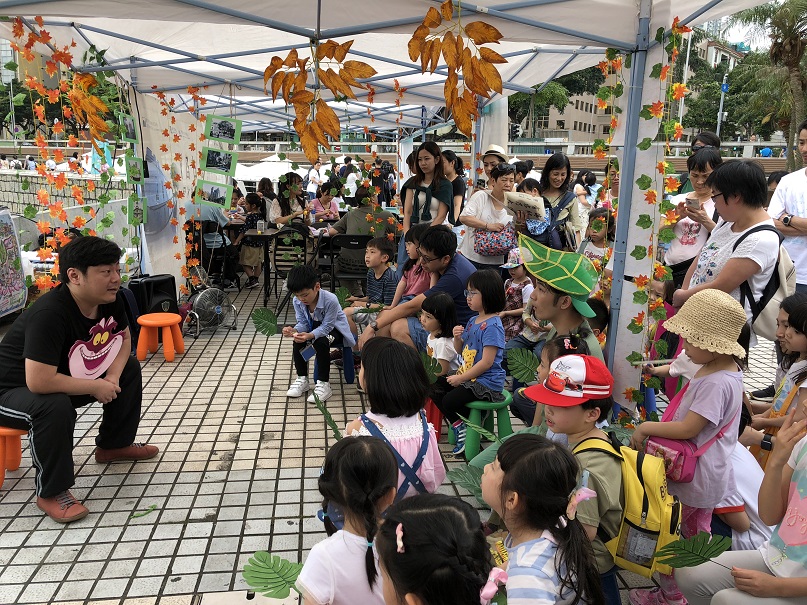
Children’s Pen of Macau held a children storytelling activity in a community park
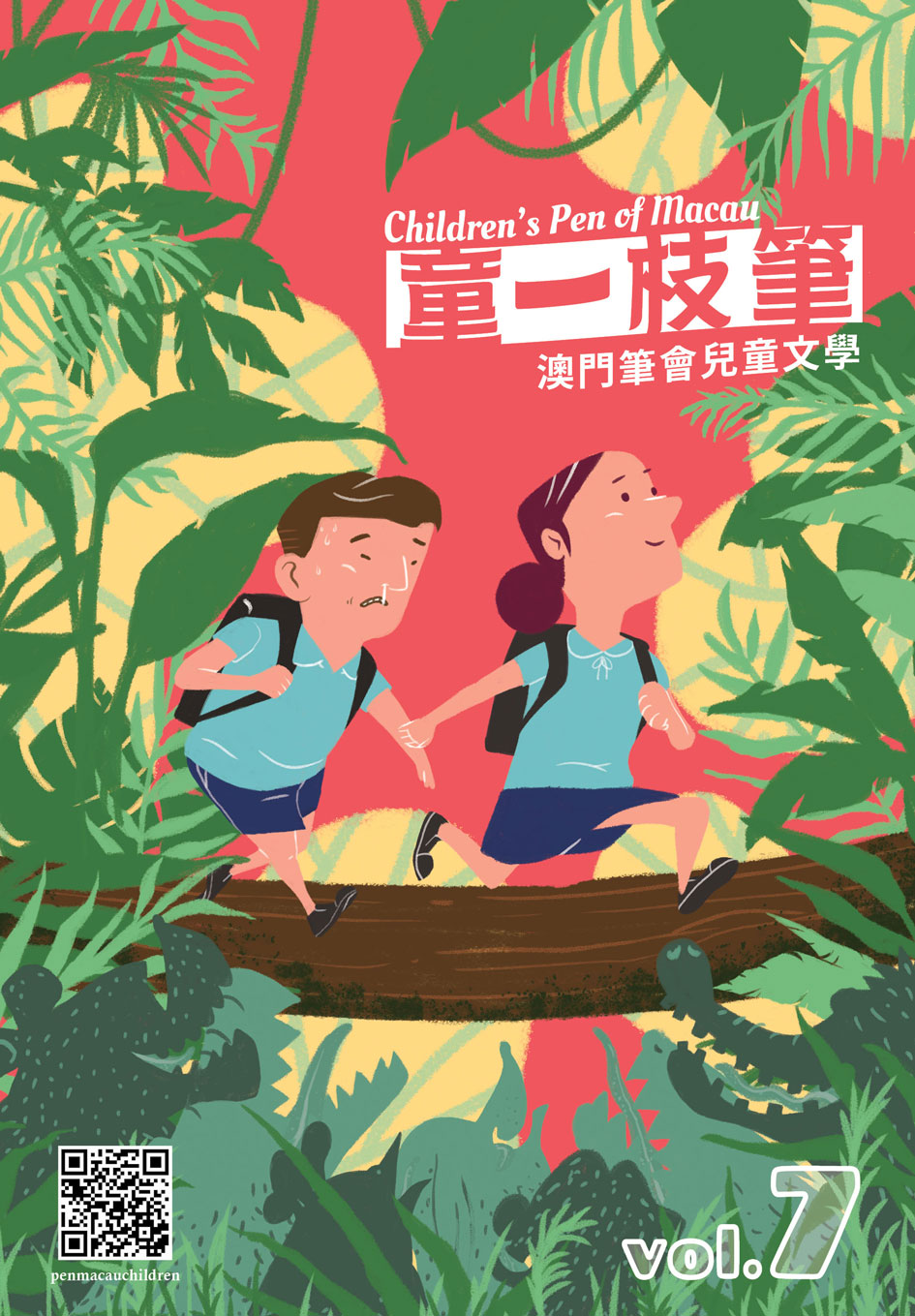
Children’s Pen of Macau launched an eponymous periodical on children’s literature
